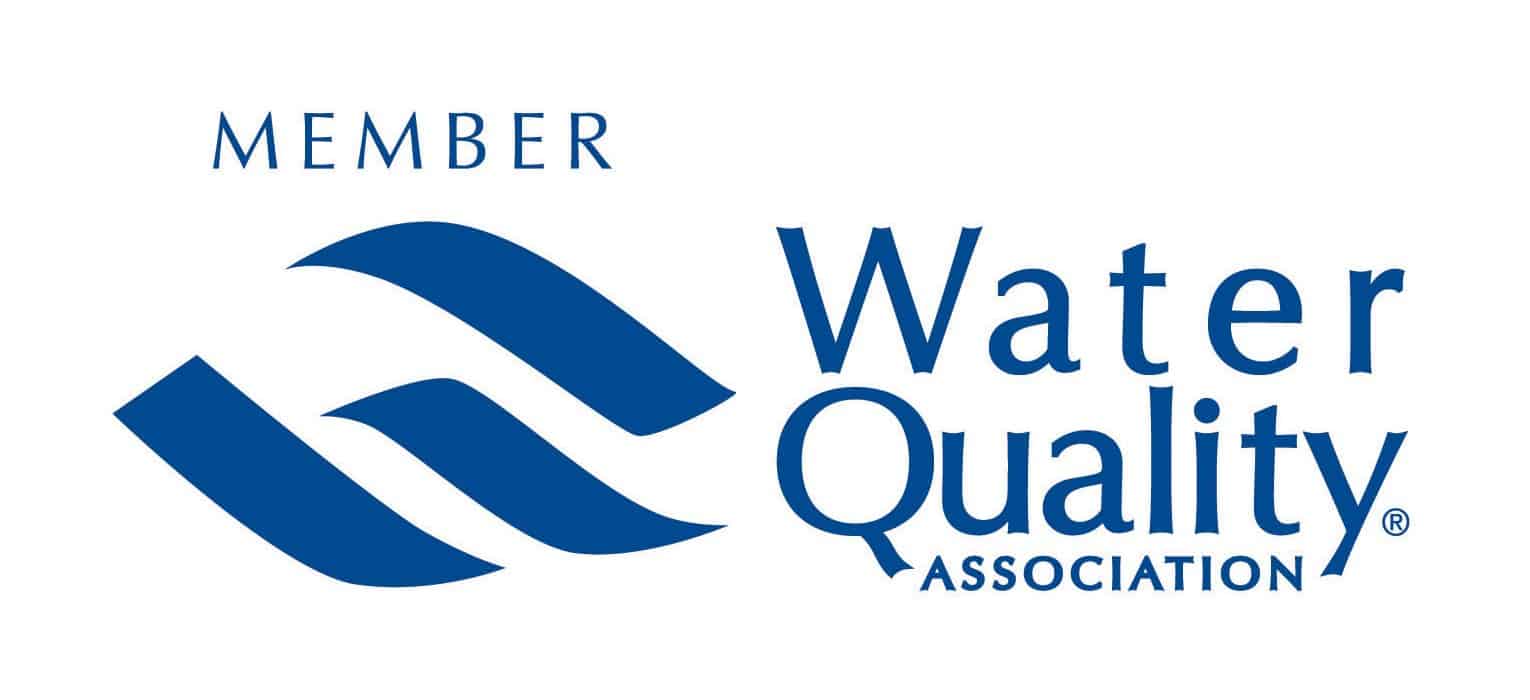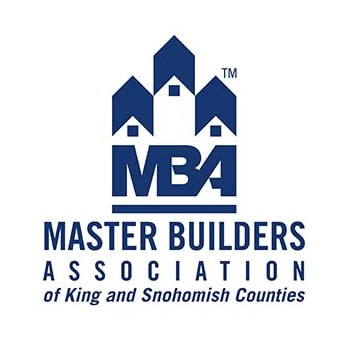Water Well Drilling Methods
Water well drilling methods vary by the type of well being placed and the local geology.
If you’re a residential user in Snohomish, Washington, it’s likely your well is only 50 to 100 feet deep, 6” in diameter, and steel cased into a sand & gravel aquifer, capable of producing 1 to 100 gallons per minute of water. The well could have been drilled using an old Cable Tool drilling rig, where the solid steel bit is raised & dropped into the hole with a cable system. It also could have been drilled with an Air Rotary or Mud Rotary drilling rig, both of which use an air or fluid to displace the drill cuttings as the bit cuts them up. Air rotary drilling often is used in combination with Casing Hammer systems that advance casing slightly behind the bit as the hole is drilled.
If you’re an irrigation well owner in Eastern Washington, you’ll need your new well to be capable of producing hundreds of gallons per minute, up to the limit of your water right permit, and it will often be drilled into basalt rock and upwards of 500 to 1500 feet deep. Basalt drilling can be accomplished using Cable Tool systems, but more often the quickest way to the bottom is to use an Air Rotary bit with a Down The Hole (DTH) hammer system that can pulverize the basalt & drill upwards of 100 to 500 feet per day (depending on depth, hole diameter, etc).
If the well is for ground water monitoring or environmental testing of shallow aquifers, a smaller auger rig, on a truck, track system, or even on a skid, can be used. Auger rigs are very versatile and can use hollow stem auger systems to drill a cased hole down to as deep as 200 feet, and then a well can be constructed inside of the augers, and then the augers can be retracted to expose the well to the aquifer & formations. Sonic Drilling, though much more expensive, also works like this. If necessary, Auger & Sonic drills can collect samples as the bits are advanced, by running sampling systems down the center of the drilling pipe.
In some areas, ‘dug wells’ are still considered the method of choice. While most lenders & Health Department representatives do not look too kindly on dug wells, since the water is often limited and the wells are very shallow, it can sometimes be the preferable method to create a water supply for a small home, especially if deeper wells run afoul of troublesome drilling conditions. The difference between drilling & digging a well is subtle – a dug well literally means that someone is digging the well deeper, by way of a shovel or a clam shell type bucket on a crane, or a similar method. A drilled well using a cable or rotary drilling rig to rotate a bit into the formation & displace the cuttings.
All of the above well types and drilling methods are just examples, of which the list is probably endless. However, one common them is the acquisition of water is the goal – this is only accomplished by getting a well in place, and then a pump in the well to get the water out. Pumps can be as simple as a single jet venturi style pump system, or as complicated as an off grid solar submersible pump system. Then it’s often to water treatment & filtration!
We Proudly Serve
We Proudly Serve:
|
|
|
|




